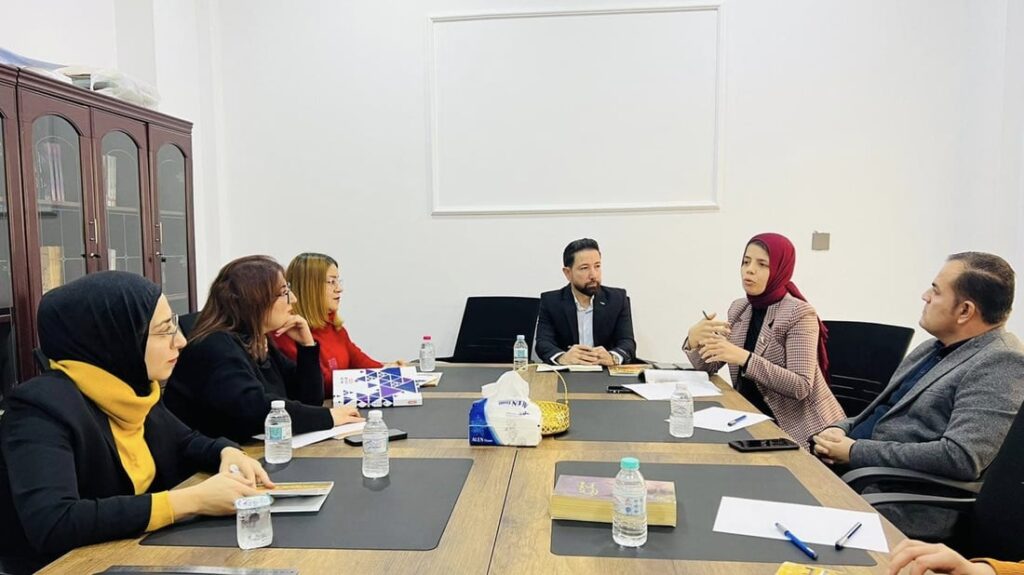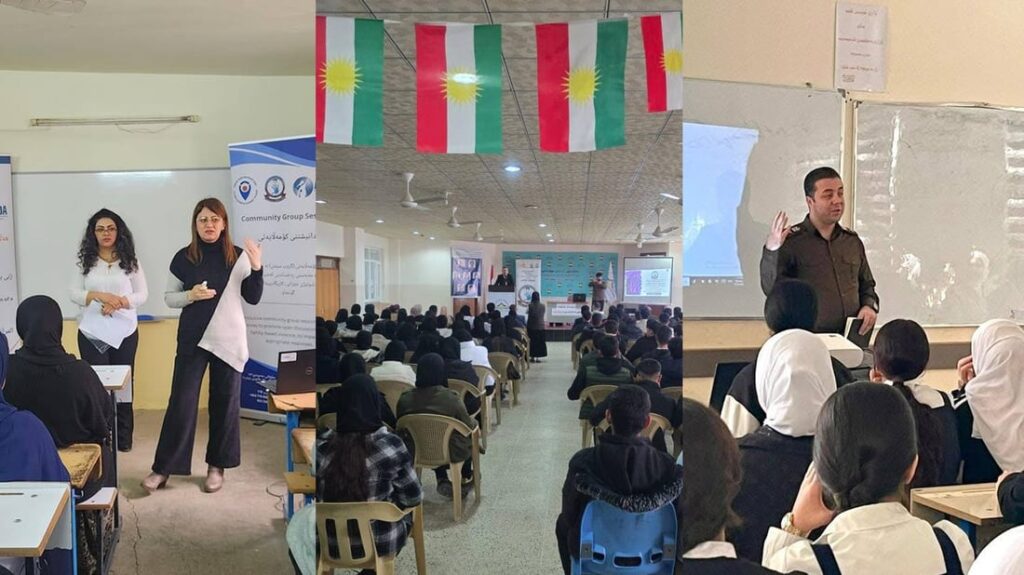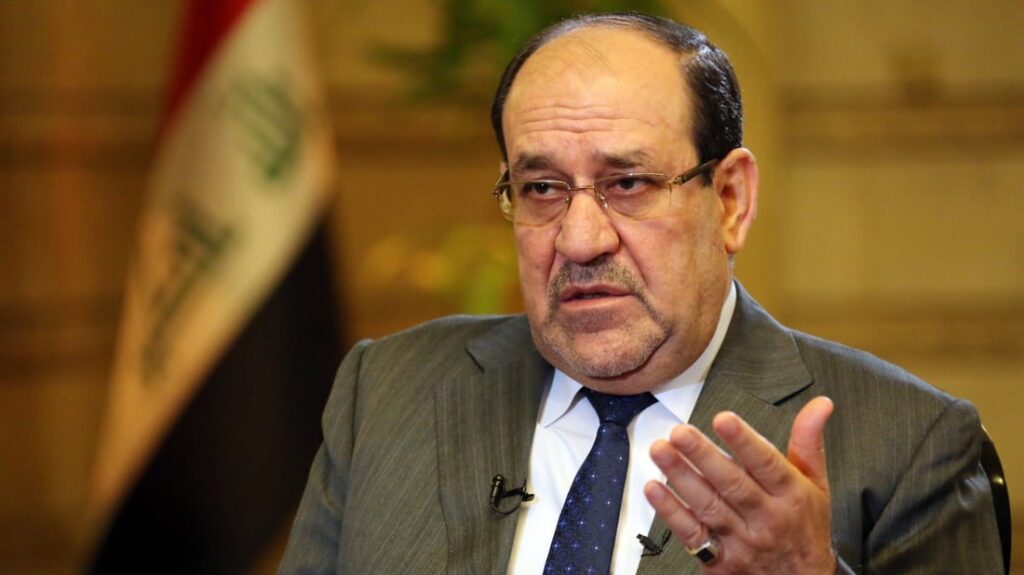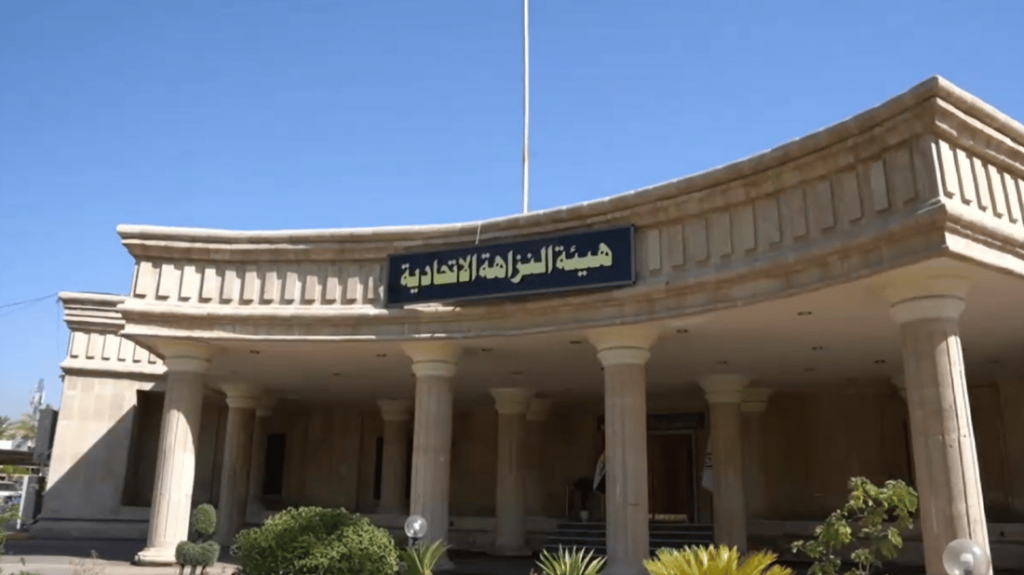Syrian Arab Republic: UNICEF update on the humanitarian situation for children in north-east Syria

DAMASCUS/AMMAN/GENEVA/NEW YORK, 22 October 2019 - The latest estimates put the number of children displaced since 9 October at 80,000. Five children have been killed and 26 injured.
Water supply to Al-Hasakeh city restarted yesterday [Monday, 21 Oct] thanks to repairs conducted by local partners to the electric power supply at the Allouk water pumping station on Saturday. 16,000 litres of fuel provided by UNICEF are now at the station and will be used to power a generator if electricity is cut off again.
Al'louk water station – which normally provides water to 400,000 people, is currently functioning at 50 per cent of its normal capacity. Only half (15 out of 30) of the boreholes that supply the station are operational. The other half are in areas where there is ongoing violence. Electricity needs to be restored to the boreholes in order for them to function. UNICEF will support partners in work to restore these 15 boreholes as soon as we can get to them.
Water provision to Al-Hasakeh city is estimated at around 70-80 per cent compared to levels before the escalation of violence. One-third of the city’s water supply still comes from an alternative water source – the Al Himme water pumping station – but this supply cannot be sustained for more than a month unless Allouk becomes fully operational again, or there is a lot of rain. Repair teams will need continued access to Allouk in order to bring it back to maximum capacity. It is critical that there be no further damage to the water station – particularly for the 200,000 + children who rely on it. UNICEF calls again on all parties to the conflict to stop attacks on and around civilian infrastructure including water facilities in north east Syria and elsewhere in the country.
UNICEF estimates that approximately 2,000 children have now crossed into the Kurdistan Region of Iraq via the Sahela and Al-Waleed border crossings and are now in Badarash camp in Dohuk. Many have spent days travelling, and need psychosocial support.
UNICEF teams are at the border, working with partners and the Directorate of Health, to provide water, ready to eat food, and hygiene kits, and vaccinate children against polio and measles. A mobile child protection team is also at the Sahela border, providing psychosocial support and responding to urgent cases. So far, nine unaccompanied children have been identified, six of whom have been reunited with families; two whose families have been traced, and one whose case is still being followed up. At Badarash camp, UNICEF is also vaccinating children, providing psychosocial support, and working to identify and refer children and women who require specialized assistance.
About UNICEF
UNICEF works in some of the world’s toughest places, to reach the world’s most disadvantaged children. Across more than 190 countries and territories, we work for every child, everywhere, to build a better world for everyone.
Media Contacts
Juliette Touma
UNICEF Amman
Tel: +962 79 867 4628
Email: jtouma@unicef.org




